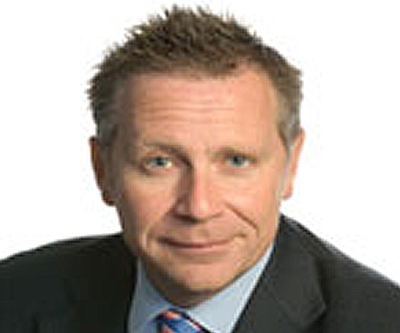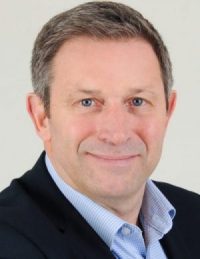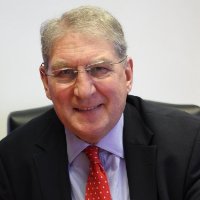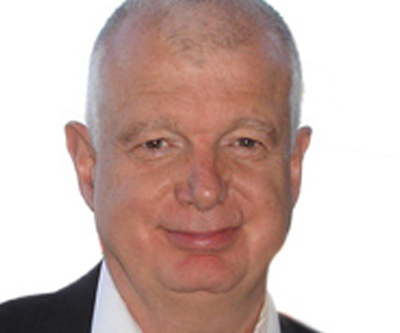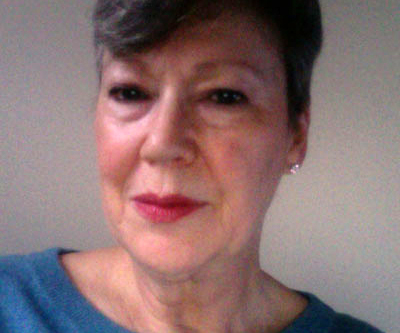Lord Black of Brentwood is Deputy Chairman of the Telegraph Media Group (publisher of The Daily Telegraph and The Sunday Telegraph). He has been with the group since 2005. Previously he had been Director of the UK Press Complaints Commission, the independent body responsible for administering the system of newspaper self regulation. He is now Chairman of the Press Standards Board of Finance and additionally a Trustee of the Imperial War Museum and of the Royal College of Music. He lives in London.
